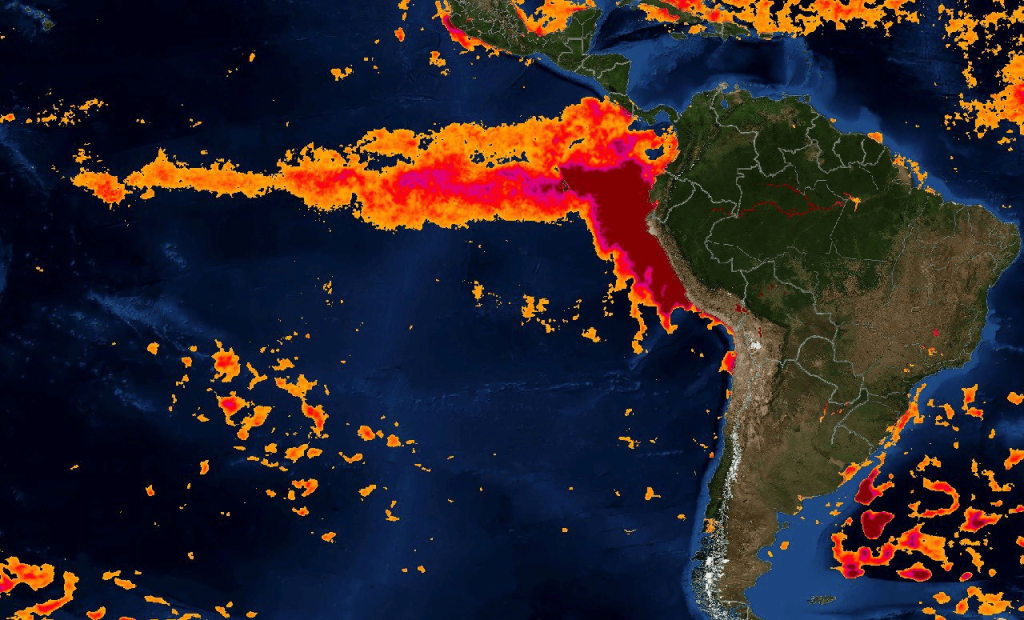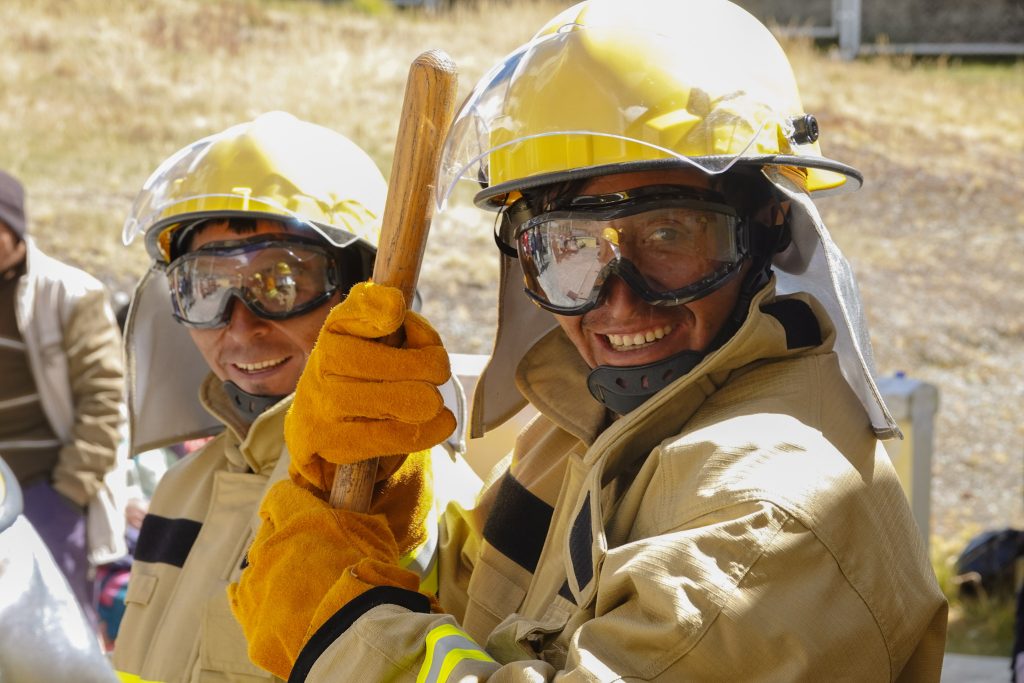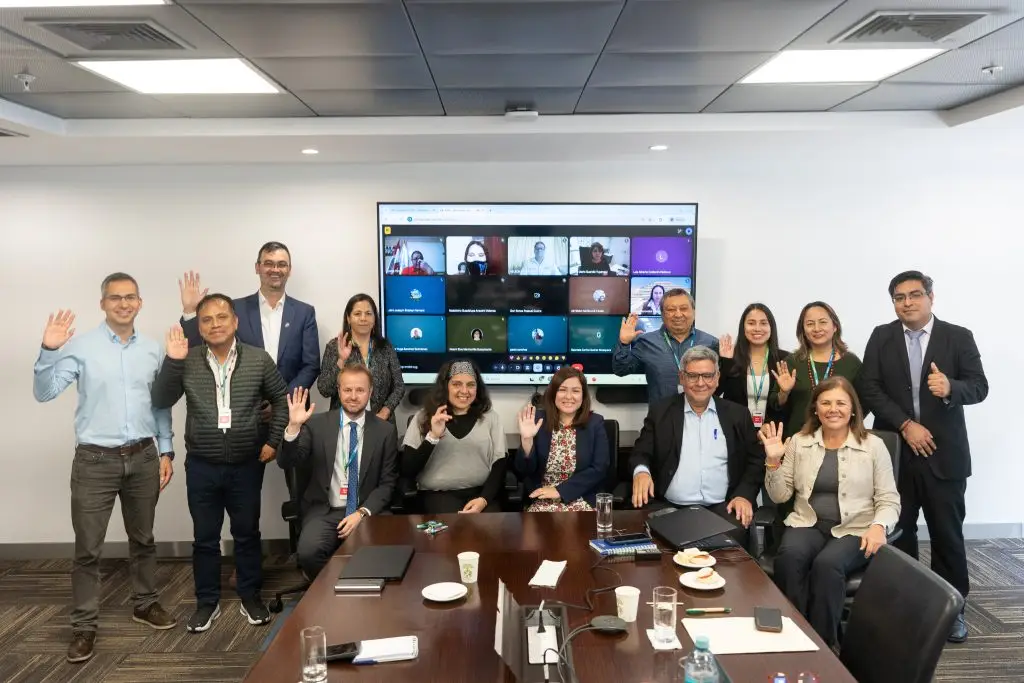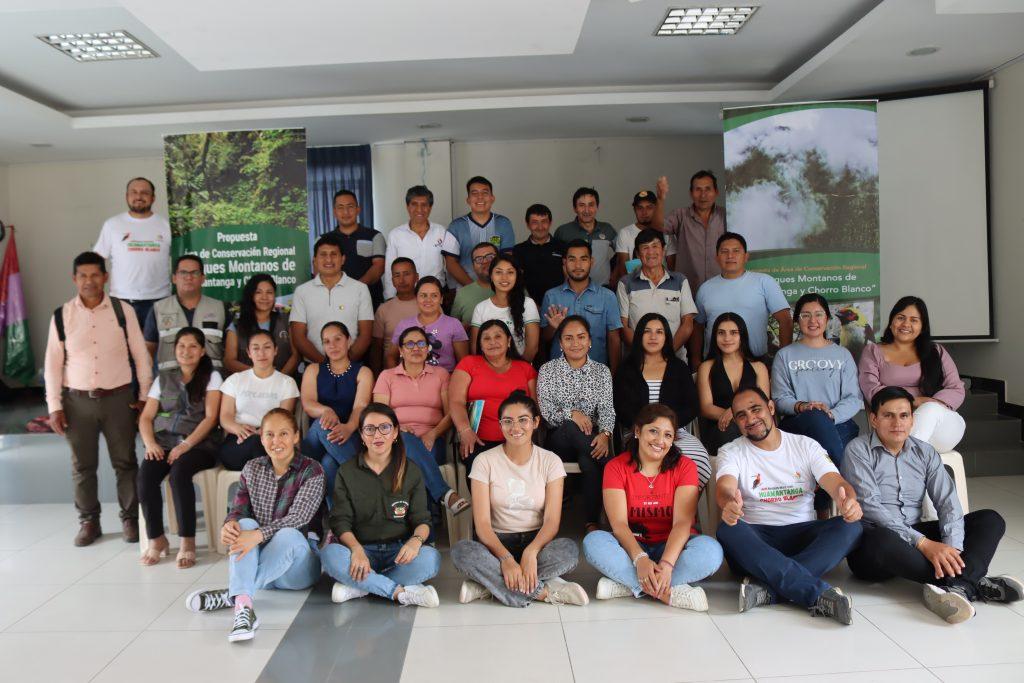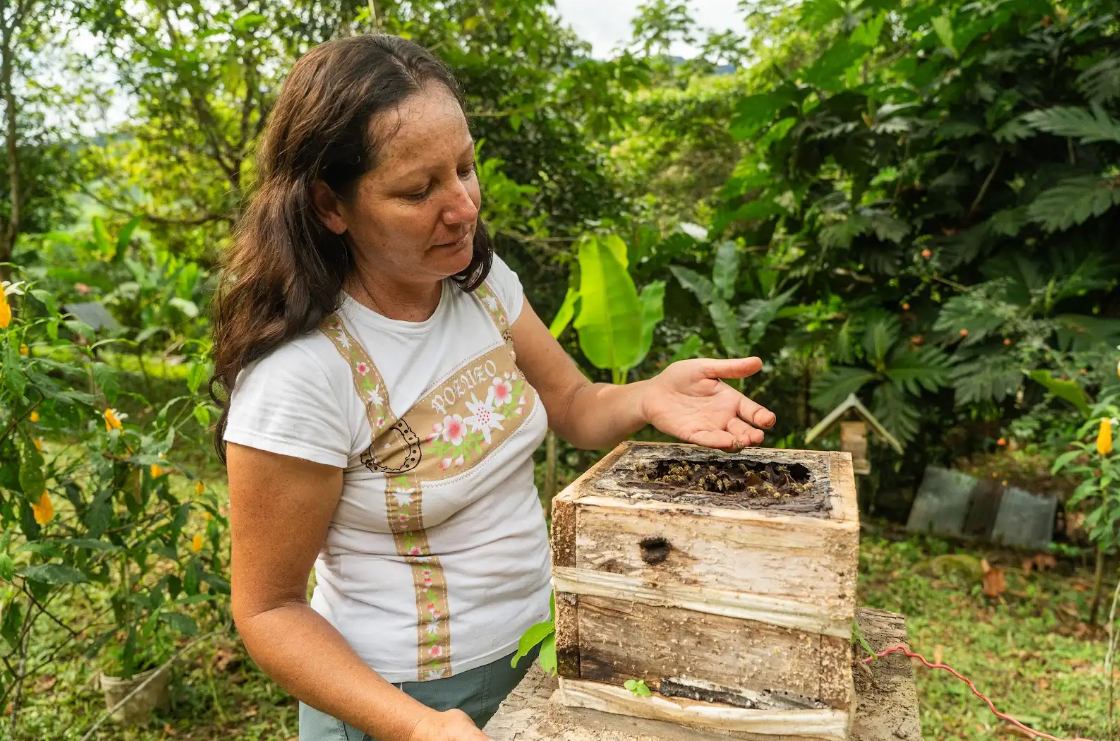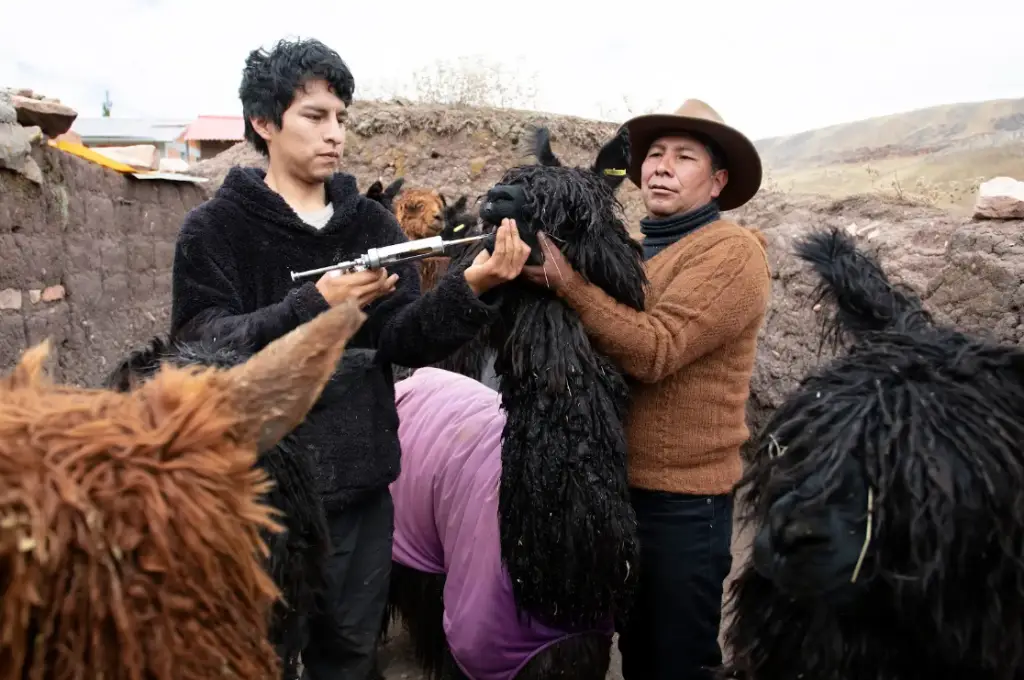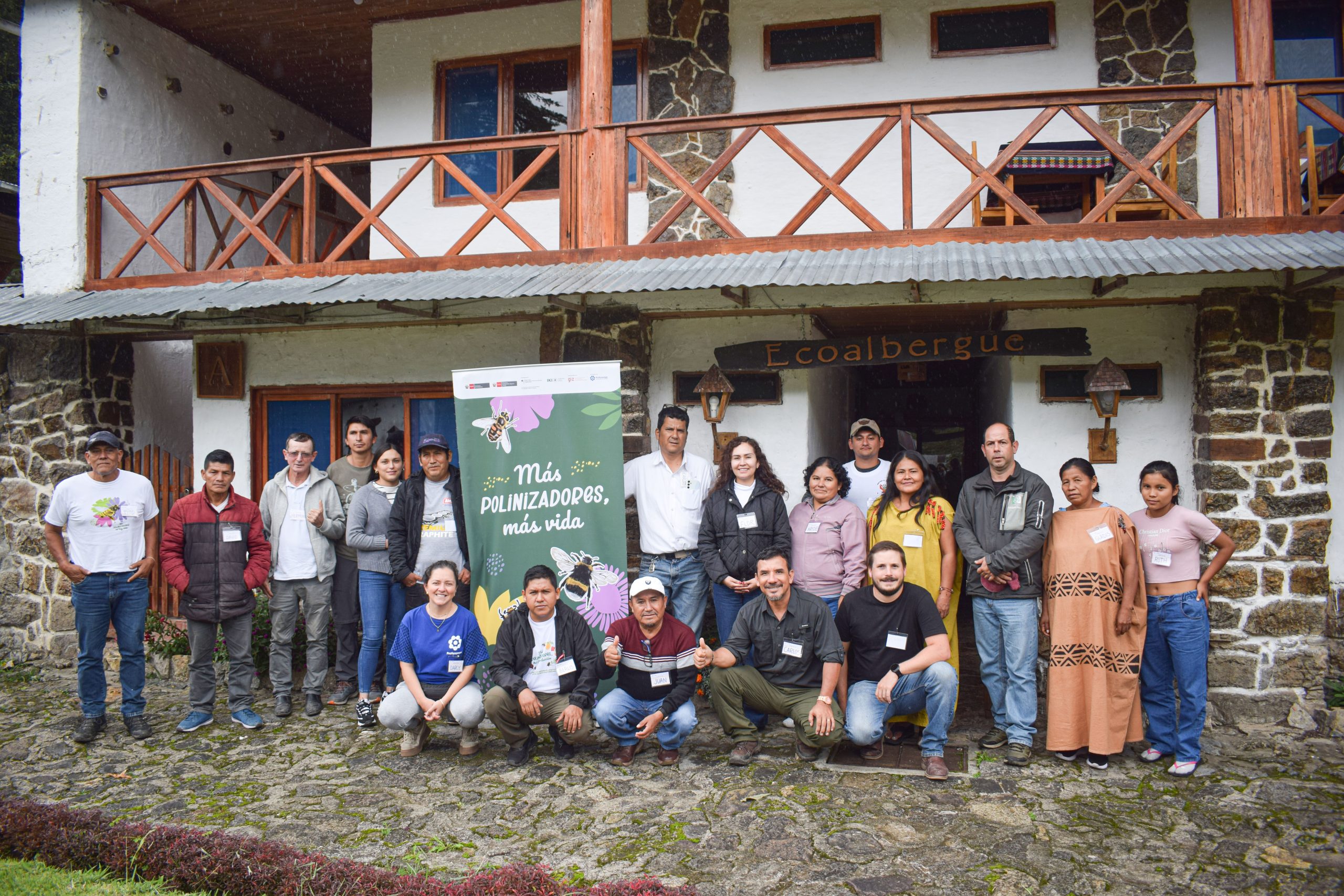Although the right thing to do is to wait a few months to ensure that the environmental events that have plagued and continue to plague the country are due to climate change, our common sense indicates that there must be a positive correlation between the global increase in temperature and the factors that trigger the increasingly frequent El Niño phenomenon. And, therefore, a national priority should be to prepare ourselves to face this phenomenon and its consequences on an almost permanent basis.
For Peru, climate change must be a priority. It is not just a matter of recovering infrastructure or building infrastructure that will help us to minimize its adverse effects, but mainly to understand it. To do this, we need scientific research and to act we need innovation.
The Minister of Economy stated before the Congress that the losses caused by the Yaku cyclone and the coming El Niño phenomenon could reach USD 2,600 million, a little more than 1% of our GDP. The 1% is a magic figure for those dedicated to Science, Technology and Innovation (STI), it is the percentage of research and development spending on GDP to which we aspire to reach Brazil, the country that invests more in Latin America, and that would put us a little more than a third of the spending of the OECD countries. But beyond comparing us with other countries, it would help us to understand and act on these events to minimize losses, especially human losses.

Many countries are adopting a mission-based ECI policy, which ensures that all actors involved in the implementation of this policy have a common objective, i.e., that there is a national priority. This involves almost all sectors such as economy, housing, transport and communications, agriculture and production, among others; as well as the three levels of government, which will have to coordinate and articulate their actions to achieve an effective reconstruction. But also the academic sector and mainly the companies, which will have to become the main implementers of the solutions devised.
Establishing a missional STI policy does not mean that other topics are not funded, but it does help to focus the results. Climate change concerns not only the meteorological sciences, but also biology, geology, engineering, mathematical modeling, medicine, and so on. And if we want to learn from the past, as we should try, to archeology and history; which would give us an excellent opportunity to incorporate modern elements to enhance the solutions that were implemented in the past. But it also involves the social sciences because we finally have to understand the rationality of people who make decisions that apparently do not make sense, such as settling in ravine areas, which as we have just seen not only occurs in vulnerable population segments but also in those who have made important investments within the framework of formality.
However, the most important thing is innovation because climate change requires implementing solutions of all kinds. Those based on science, but also social ones, often based on common sense, or adapting solutions that worked in other latitudes. And we also need agents of change, those entrepreneurs who can perceive the new needs that climate change brings and create products and services that can meet and scale them.
The 1% of GDP can serve to recover what was lost, but it can also be the stimulus our society needs to turn catastrophic events into an opportunity for development. Hopefully, 20 years from now when we look back, we will not add these events as another historic missed opportunity.


